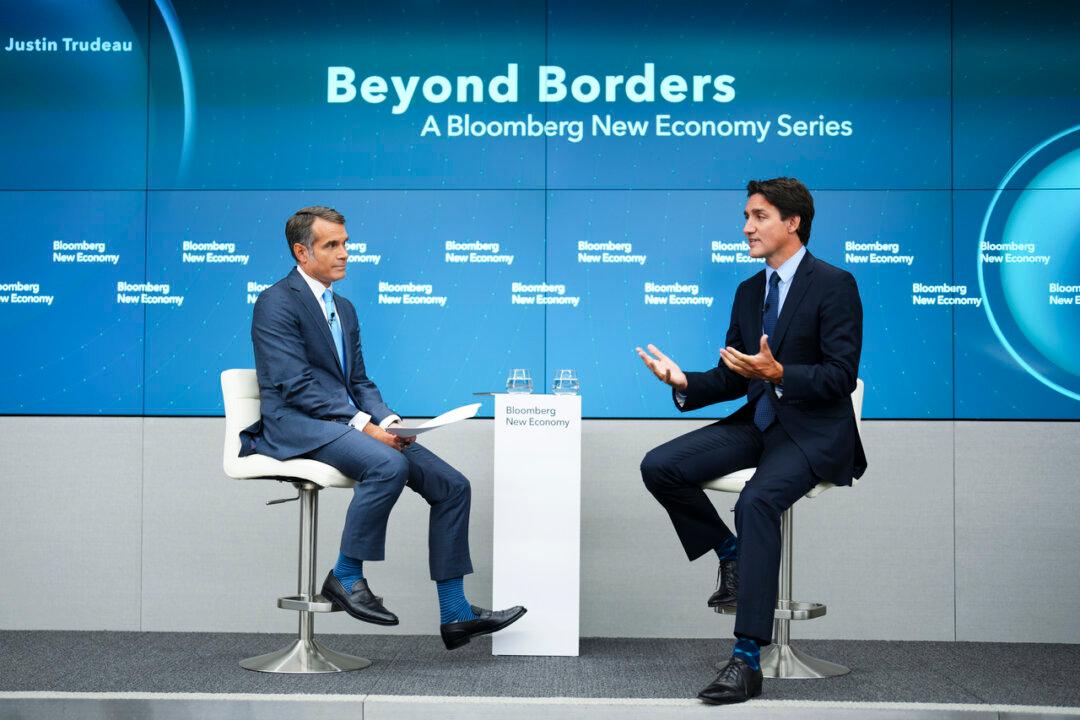Prime Minister Justin Trudeau said that achieving a political rapprochement with China is currently unfeasible, citing political decisions by the Chinese regime that have further strained its global relationships.
“A rapprochement? No. Certainly not at this particular moment,” Mr. Trudeau said during an interview with Bloomberg’s Erik Schatzker in Singapore on Sept. 7. “China has made decisions over the past years that have made it more difficult—not just for Canada, but for other countries—to engage.”





